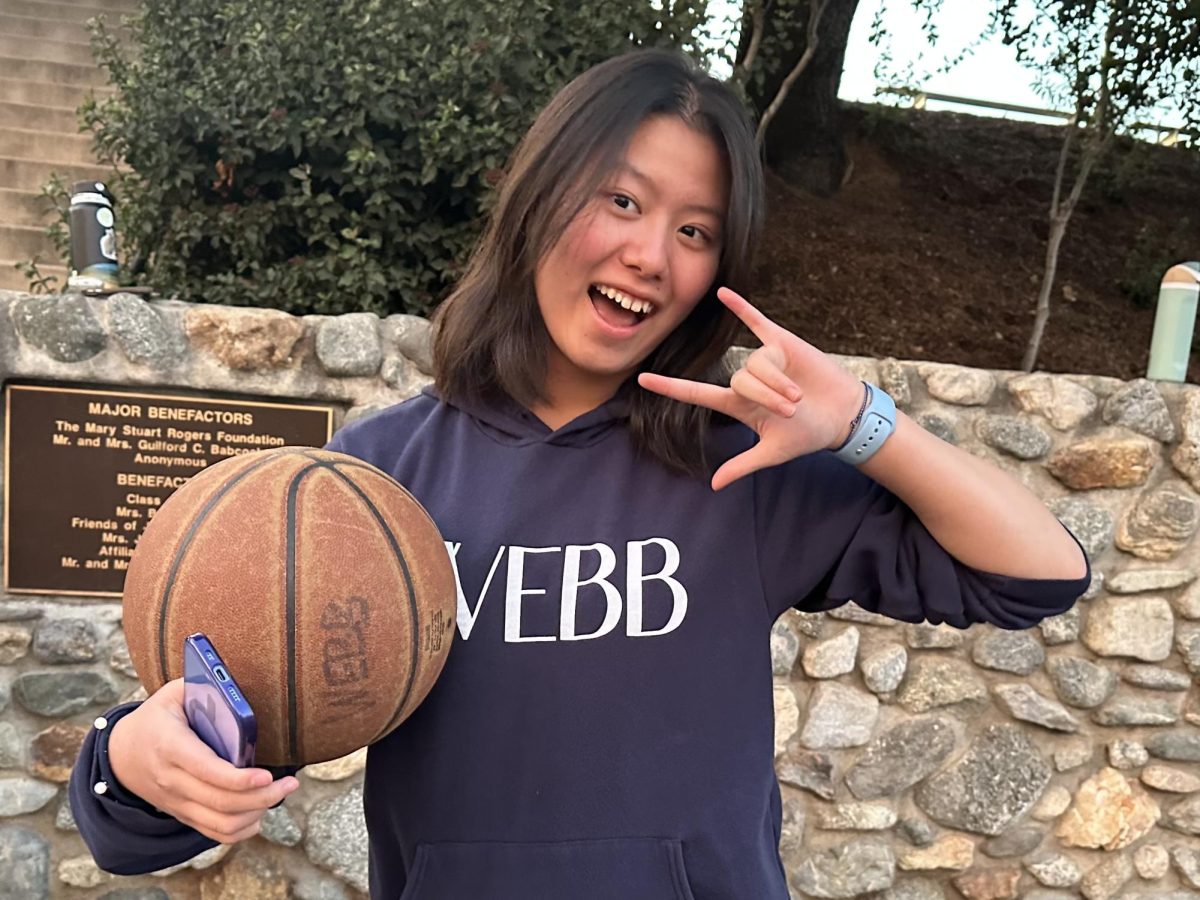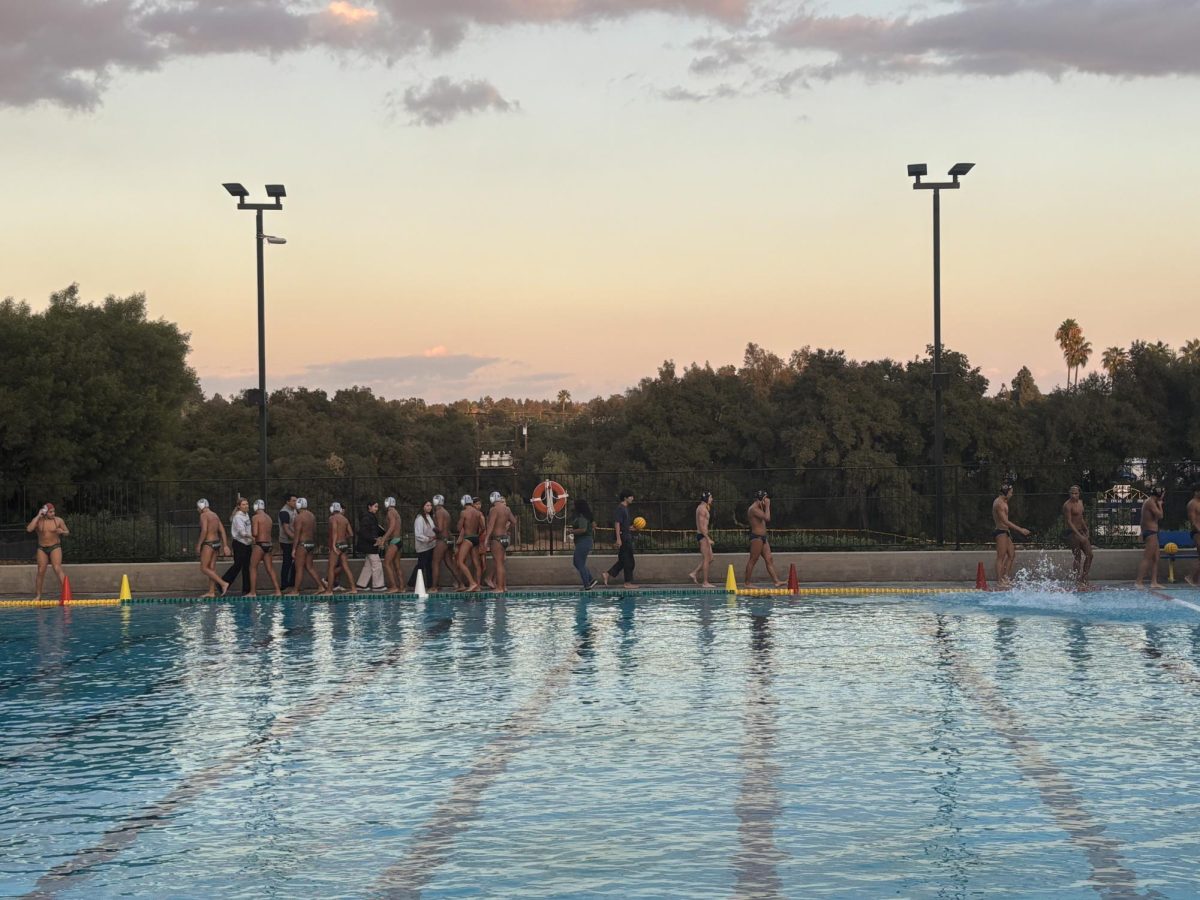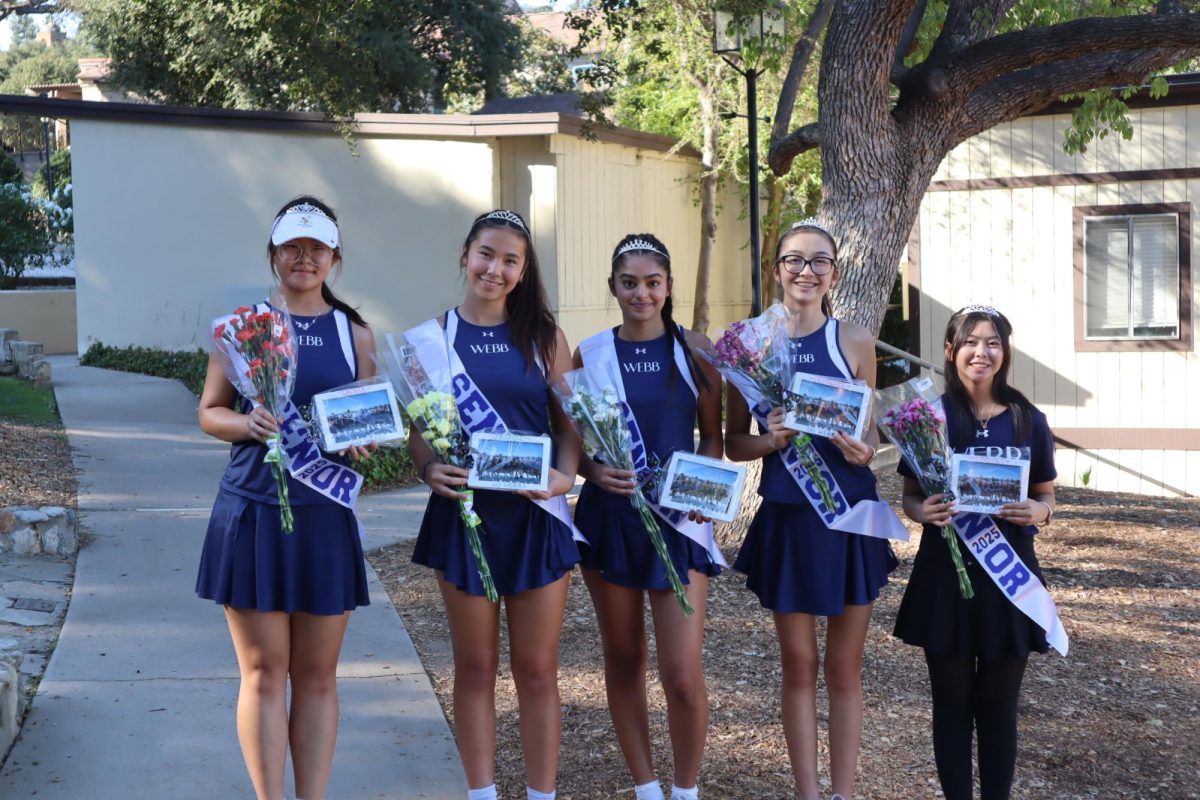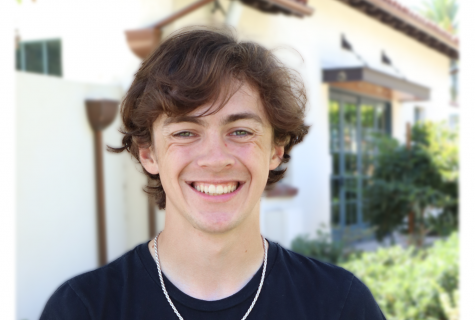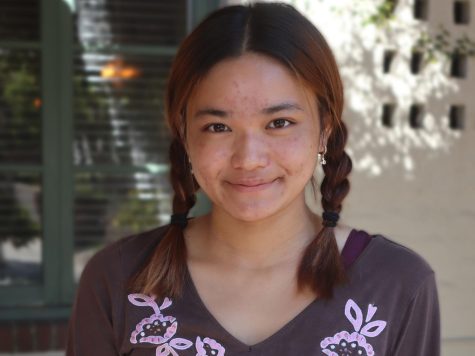From soccer fields above and below Gym Hill to a swimming pool hiding between dorm areas, student athletes at Webb train in hopes of honing their skills and bringing league championships home for the school, even with new changes affecting their activities.
Winter break allowed athletes to relax before returning to intense practices, yet they were met with disappointing news that would affect their training and games.
Student athletes were hit head-on by the COVID-19 Omicron variant, the reason behind postponed interscholastic games. These new protocols forced Webb sports teams to make changes in their practices.
The administration and the medical board made this decision to best protect the community from the new variant.
“The close contact and the highly contagious nature of Omicron makes [sports games] a greater risk,” said Dr. Rahmi Mowjood (‘90), Director of Cucamonga Valley Medical Group and a member of Webb’s medical advisory board. “Every [decision] is made on the premise that what’s going to be best to help protect all the students on campus and the faculty and the staff from getting sick.”
There are increased challenges to protecting the school when it hosts both boarding and day student programs. As a result, we have seen the most notable number of positive cases within the community in recent weeks.
“We know that a lot of people are testing positive but then also transmitting that to people who may not have the fortitude to be able to recover quickly,” Dr. Mowjood said.
The administration is looking to mitigate exposure by limiting the amount of contact the Webb community has with other schools. Other schools that Webb usually plays with in different counties have made their own judgements about sports competitions. Some have made similar decisions to Webb, which was an additional factor in Webb’s determination.
“Each school and district are making their own decisions with regard to play,” said Steve Wishek, Director of Athletics. “Many schools canceled games the week of 1/3. LAUSD and several others have cancelled games this week as well.”
Even still, practices continue, this time with mask protocols and outdoor adjustments. While students are hopeful for successful seasons even with the new adjustments, some are pessimistic as the COVID-19 situation worsens.
“There’s been a change of pace since we’ve been back,” Conrad Poon (‘23) said. “It’s hard to be hopeful about the season especially since Omicron is extremely contagious.”
As a member of the wrestling team, Conrad’s practices have the most changes compared to other winter sports, since wrestling requires close physical contact in enclosed spaces. Instead of practicing on wrestling mats in the gym, the team has been outside on the track, conditioning rather than learning new skills or honing old techniques due to the new protocols for sports.
“It’s really hard to gain experience from wrestling when you’re not wrestling,” Conrad said. “We only have two meets left, and we don’t have those initial meets to get our bearings and get back in shape.”
On the other hand, other sports have found little to no difficulty with the new guidelines. Athletes in sports like basketball and soccer adjusted to always masking quickly and only seem to struggle when extremely exhausted from constantly running and in need of breath. Water polo players transitioned from pool practices to dryland practices and back to the pool without any difficulty.
For others, the guidelines gave them more time to prepare for league games and ensured their safety against the virus. Still, with infected athletes isolating away from practices, having less people challenges team sports.
“After I heard about the new guidelines for sports, I was kind of relieved because I wasn’t ready to start league games with the close contact being very unsafe and un-covid friendly,” said Francesca Lascano (‘23), a member of the VWS varsity basketball team.
“The hardest part of adjusting to the Omicron changes is the lack of people,” Francesca said. “Half of the girls on the team are quarantining or isolating so going back to league games will be scary.”
From a coaching perspective, the updated guidelines also create unique challenges. The absence of games disrupts the normal flow of the team’s practice schedule throughout the week.
“The biggest challenges are preparation and recovery,” said Malick Mbengue, the head VWS soccer coach. “When we finally get back to playing games, we will be playing three games a week. That’s not ideal for athletes to recover between games.”
Amidst the uncertainty, Coach Mbengue has been changing his tactics for practices while games are on hiatus.
“We are trying to make practice light and fun,” Coach Mbengue said. “Practice for the past few weeks have been more about playing and less about drills and Xs and Os. The captains have been organizing team bonding activities to keep the team’s spirit up.”
Though sports differ in adjusting to the new protocols, most athletes are still hopeful for their seasons; fortunately for them, they still can compete in league games in later dates when the hiatus ends.
“As of now, we have been able to reschedule all of our league games except in wrestling so we will be able to play a full schedule,” Mr. Wishek said. “It will impact us in that our teams will have to play more games per week than our opponents once we resume play.”


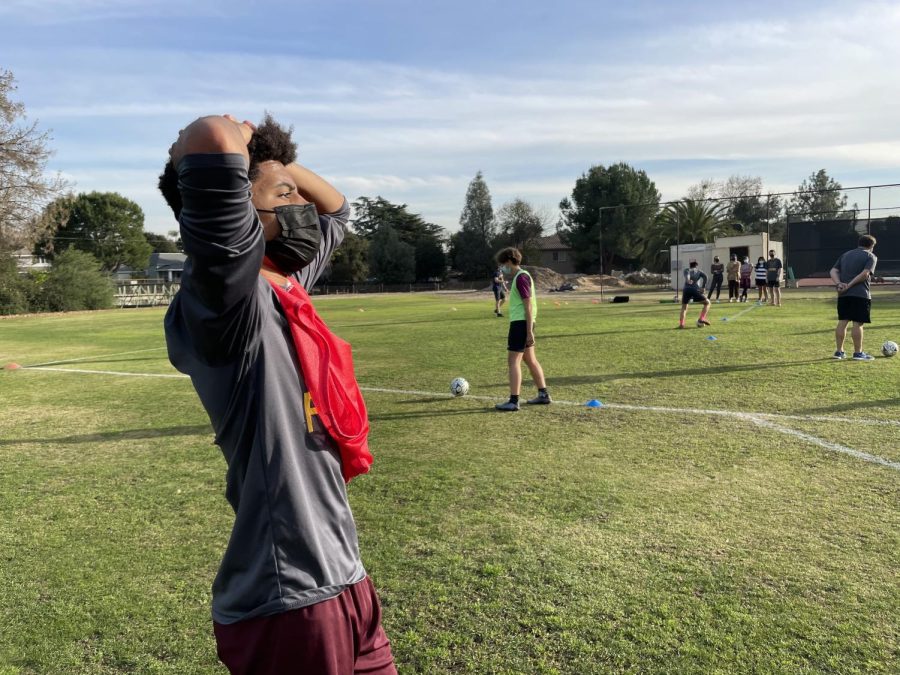






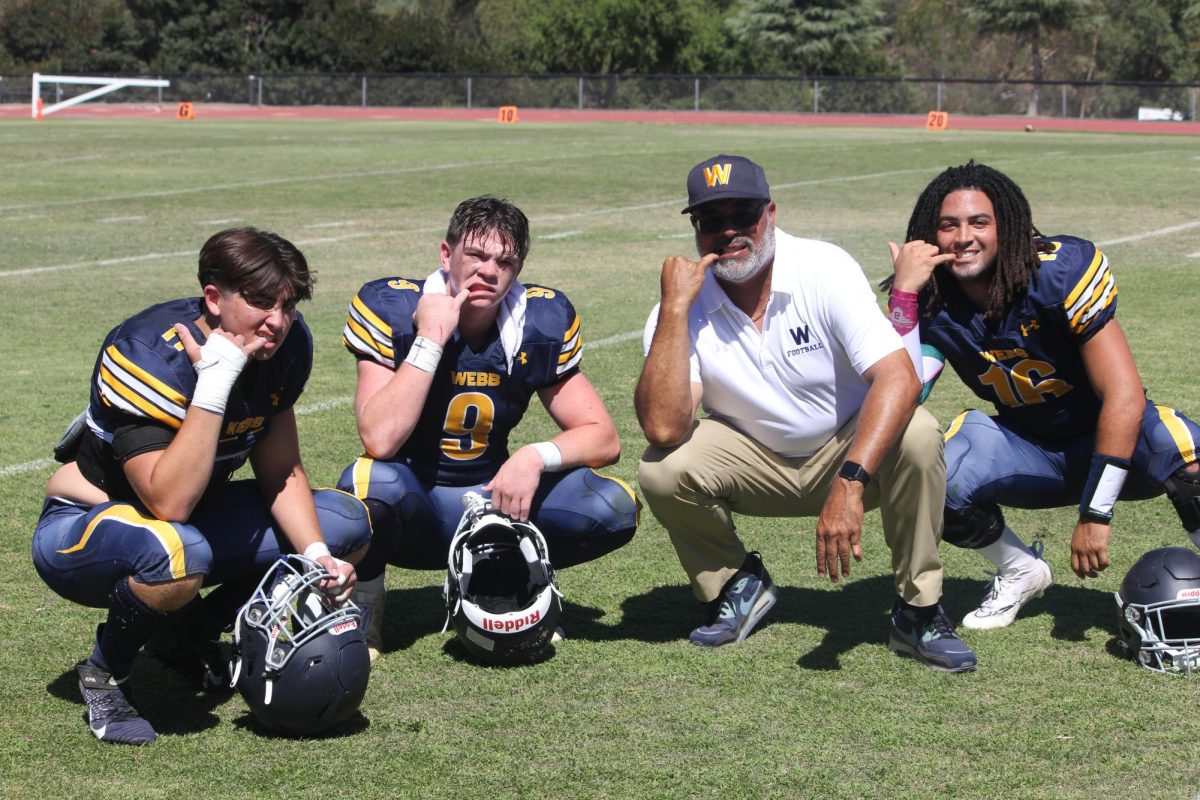
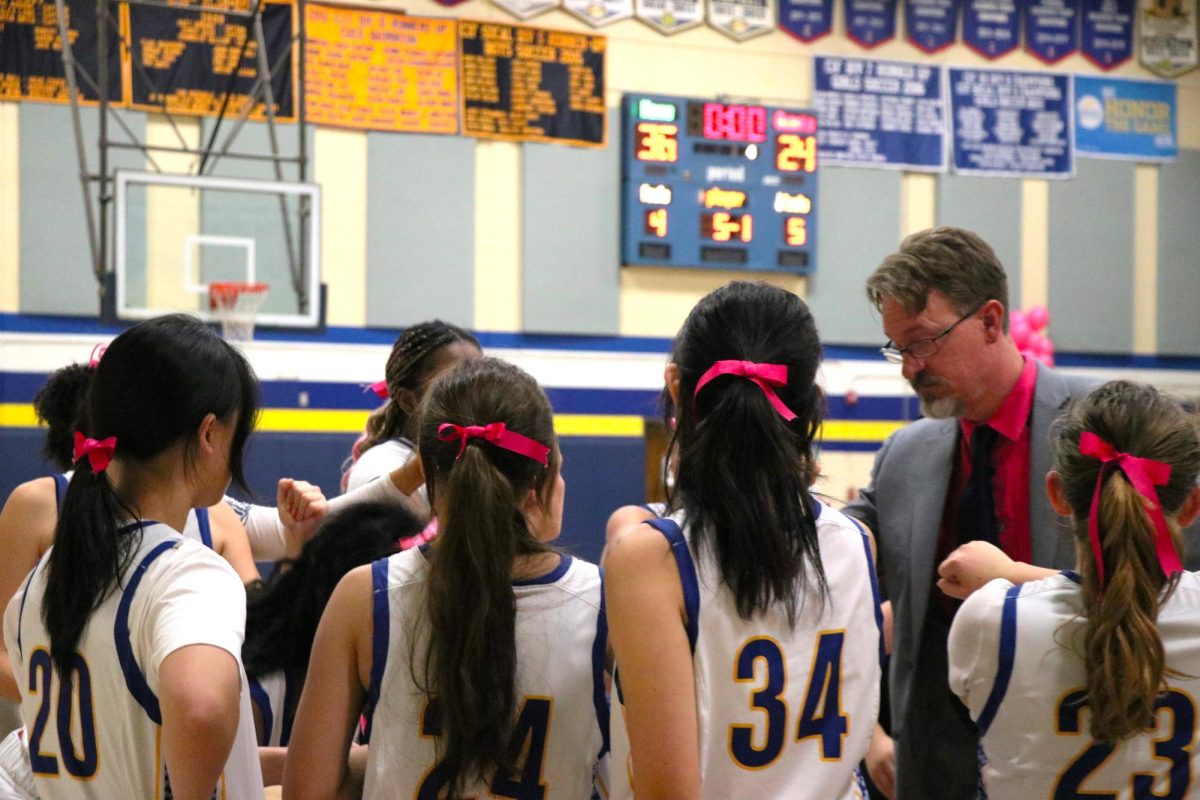
![On one of the Webb robotics team’s new Skytech Nebula computers is Jake Hui (‘25), engineer of Webb’s 358 Robotics team who is currently improving his team’s robot virtually in a Computer Aided Design application, or CAD. Before the building, the driving, and the victories, comes the prototyping of the robot.
“Right here [on his computer] is where the robot is designed, and I have access to all the parts that I need to try things out,” Jake said.
Technical computer skills as well as an intimate knowledge of how robots work is required to efficiently work in the CAD design space. The skills are well worth the time spent, as it can save hours or even days' worth of time spent on assembly in the real world.
"If there is a piece that we don’t have, 3D print it to see if it's really necessary before making an expensive purchase, as the parts can cost hundreds of dollars,” Jake said.](https://webbcanyonchronicle.com/wp-content/uploads/2025/02/IMG_2381-1200x900.png)
